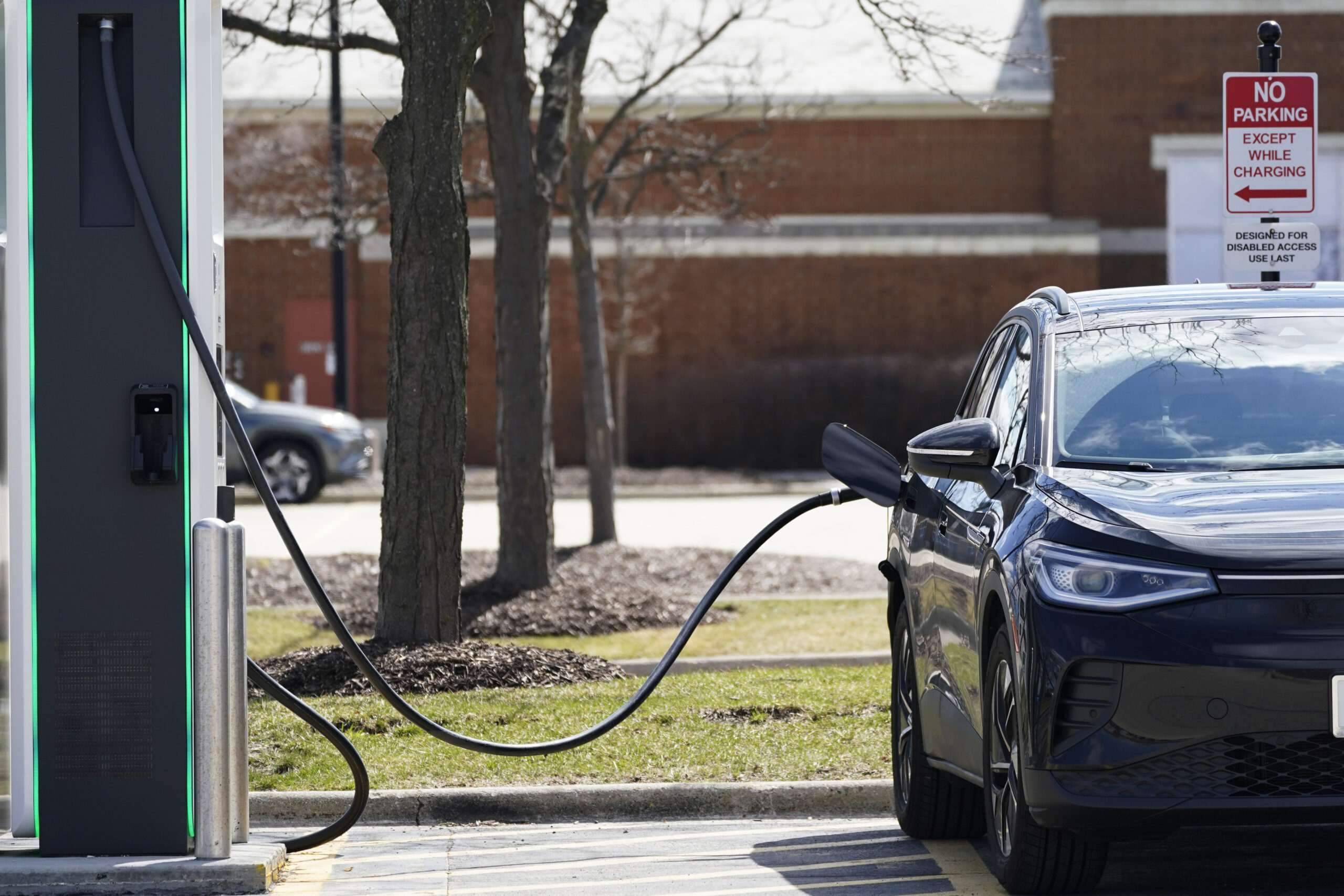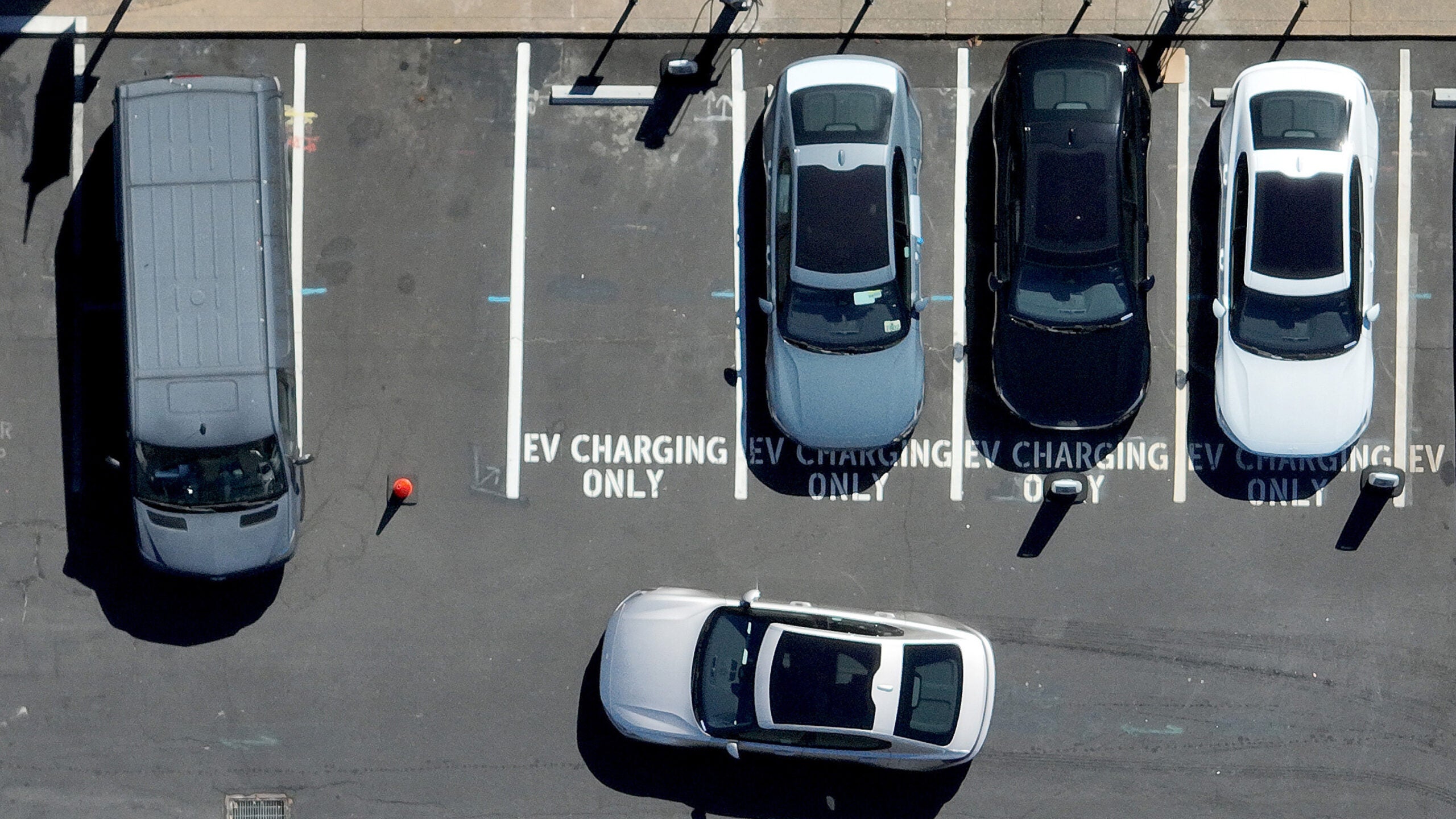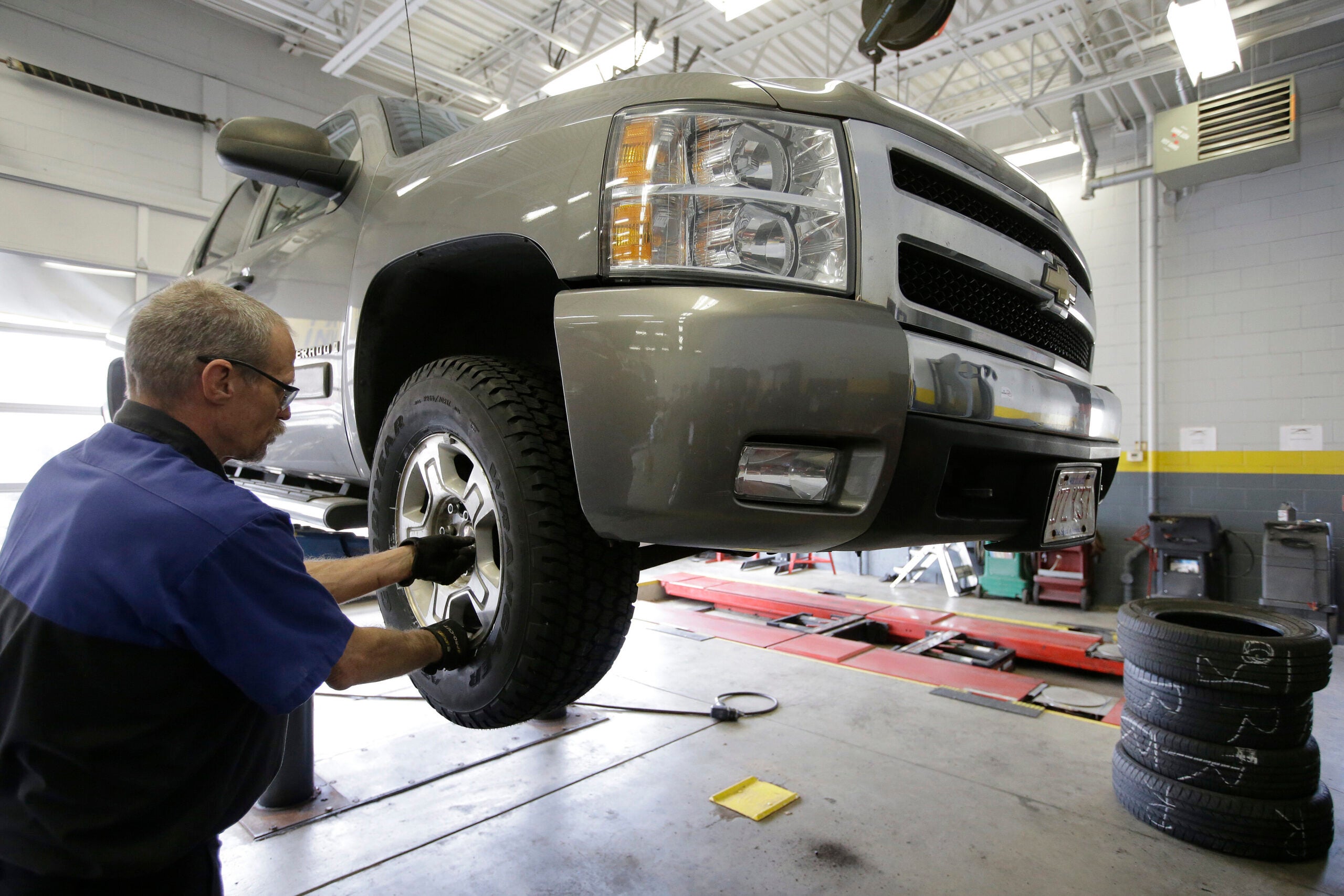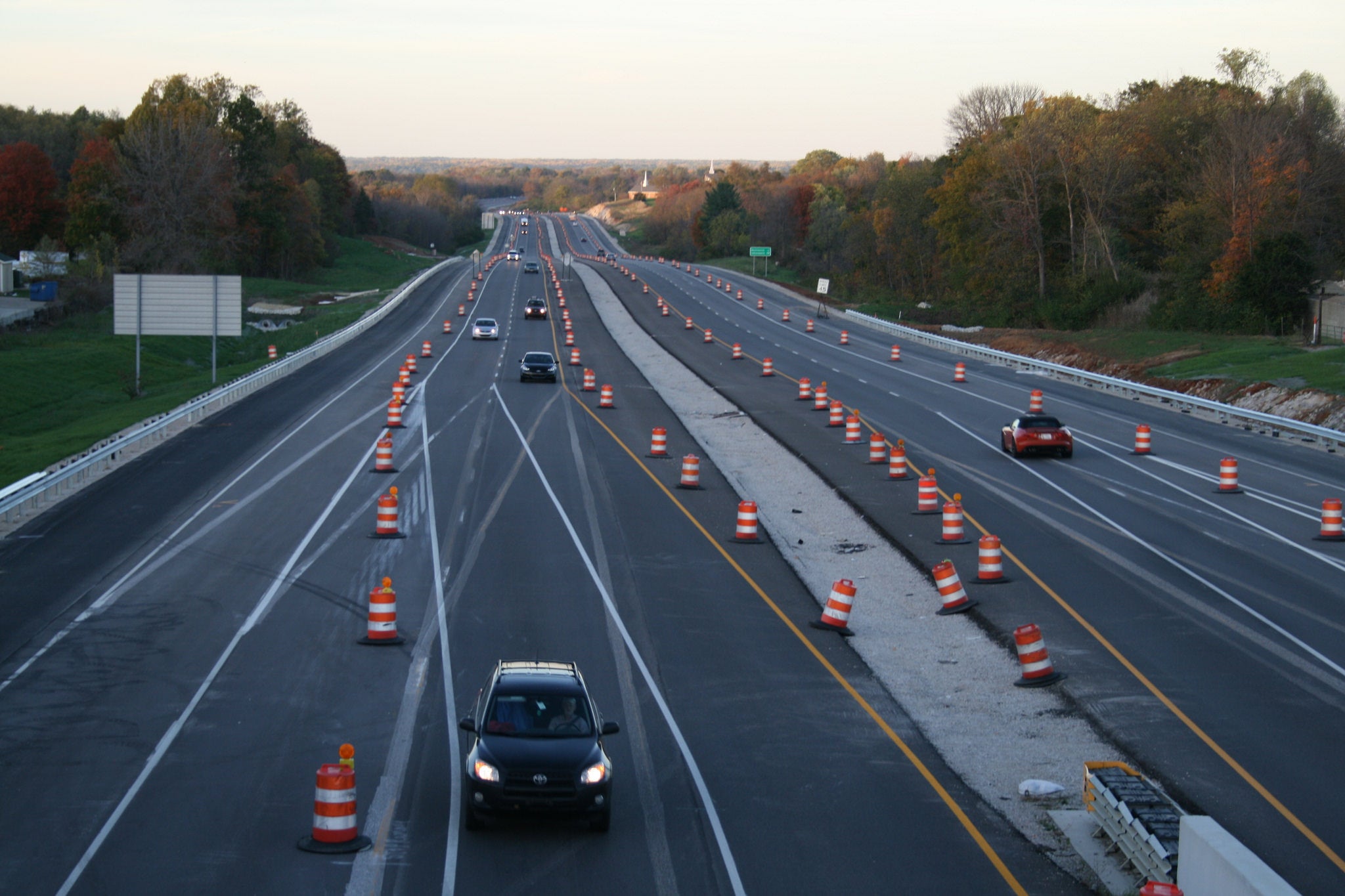Did you see your neighbor’s new electric car pulling out of the driveway? And did you hear it? It probably sounded something like this:
Silence.
There’s not much to listen to or see because there aren’t a lot of electric cars in Wisconsin. Fewer than 1,800 were bought in the state last year, about a thousand behind Colorado and Pennsylvania and barely a few percentage points of California, where 72,000 were bought last year.
Stay informed on the latest news
Sign up for WPR’s email newsletter.
I mention these numbers because a tax on electric vehicles is one way Gov. Scott Walker and the Legislature have proposed to balance their overdue budget. And it makes as much sense as putting a tax on unicorns: There simply aren’t enough of them to make a difference.
Here’s the math: A $100 fee on those 1,800 cars yields a whopping $180,000 — barely enough to cover the reams of paper needed to print out the budget.
Generally, the rule for seeking revenue or cutting expenses is to go where the money is. The most obvious in this budget is a $3 billion incentive from the state to attract a manufacturing plant from Taiwan’s Foxconn Corporation. It’s said to bring thousands of jobs — though there are analyses that say Wisconsin would be paying itself for those jobs.
There is logic in taxing electric vehicles. Owners of Teslas, Chevy Volts and Nissan Leafs all use the same roads that gasoline-powered cars do, but they don’t pay gas taxes to keep up those roads. The money has to come from somewhere.
But electric vehicles benefit us all with zero emissions and cleaner air. To encourage that, the federal government and some states have given electric car-buyers thousands of dollars of incentives. Does it make sense for a state to send a mixed message by taxing the item that they’re trying to get you to buy?
Actually, 13 states already do, including California, where a $100 fee that takes effect in 2020 is expected to raise $200 million. But again, that’s California, with its huge number of electric vehicles. Wisconsin might consider a tax when there’s a tenfold increase of the cars, but for now, they’re hardly tearing up Highway 53.
So where should Gov. Walker and the Legislature get that $180,000 they’ve budgeted for? How about taking a sliver out of the Foxconn deal? The company might even benefit: One of its customers is Tesla, and if more Wisconsinites bought more electric cars made with Wisconsin parts, well, that could be simply electrifying.
Robin Washington is a longtime transportation writer living in the Twin Ports and comments regularly for Superior’s Wisconsin Public Radio station. You can reach him at robin@robinwashington.com.
Wisconsin Public Radio, © Copyright 2024, Board of Regents of the University of Wisconsin System and Wisconsin Educational Communications Board.





